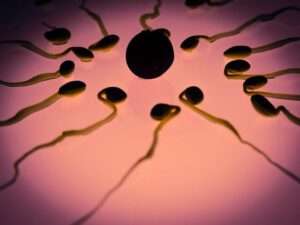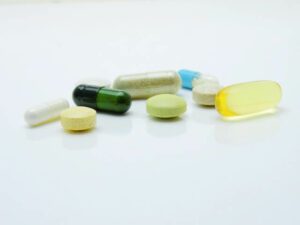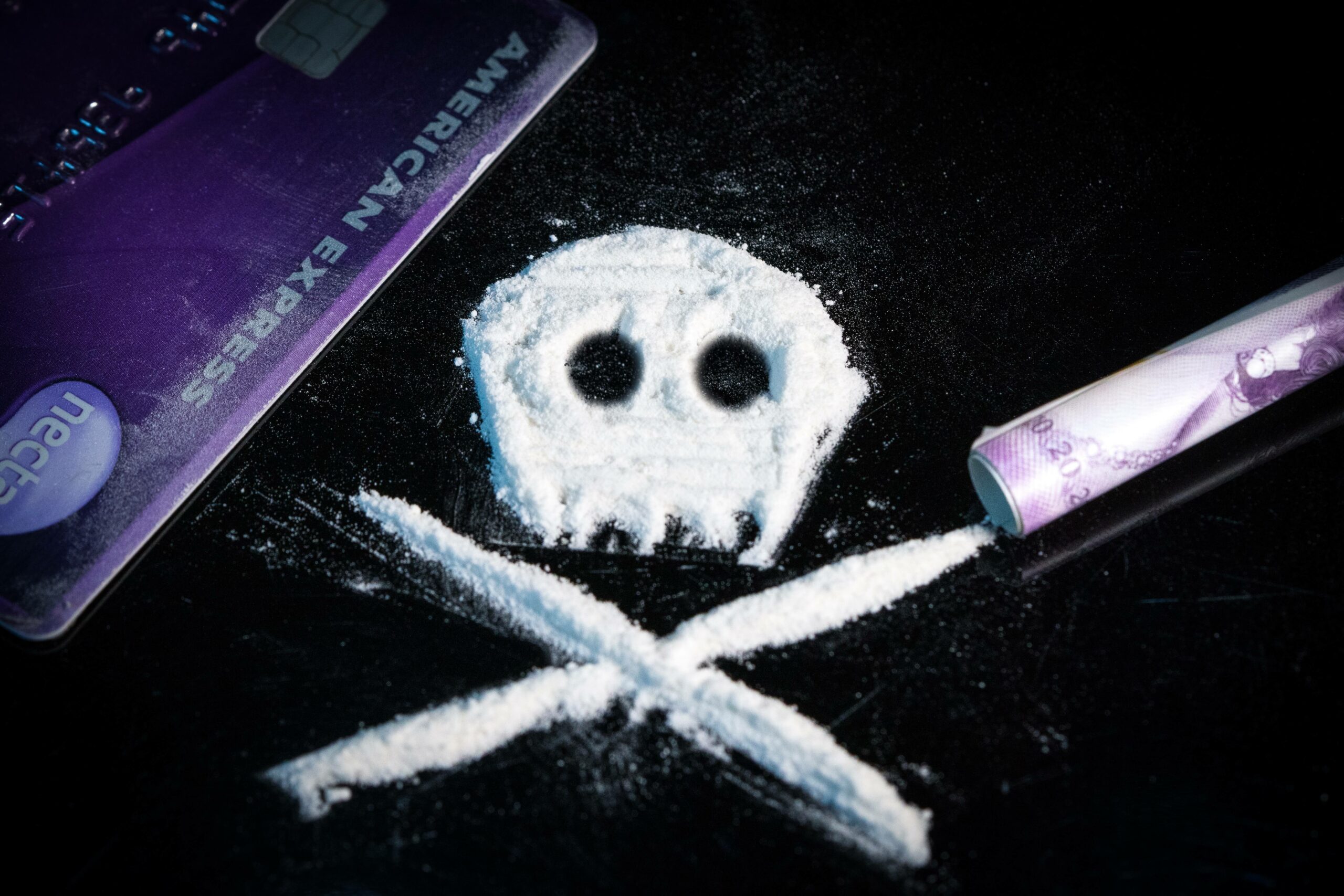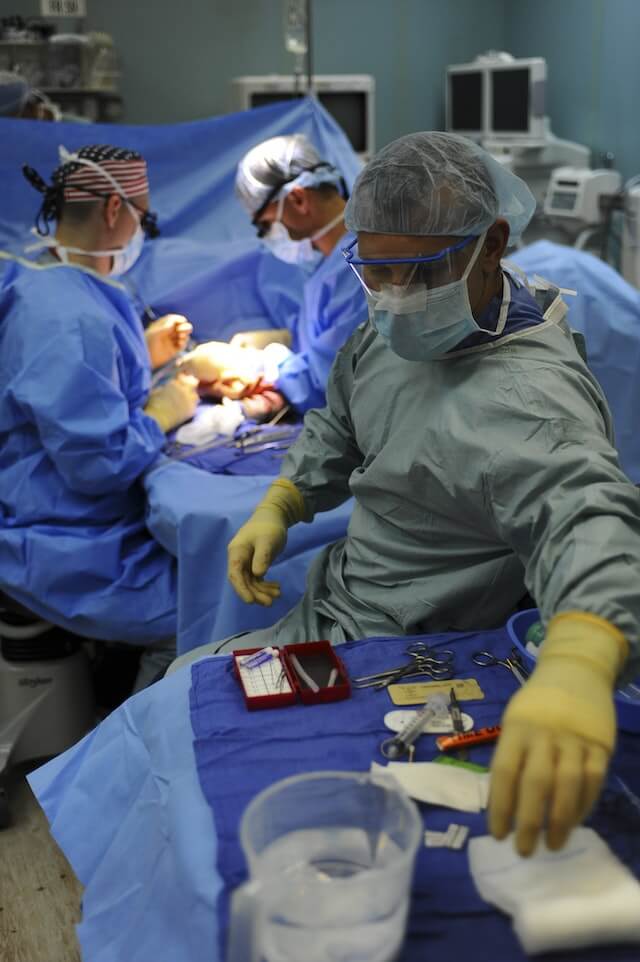While the reasons for premature ejaculation can be complex and varied, recent studies have uncovered a surprising link between PE and sexually transmitted diseases (STDs).
But don’t panic just yet, ShagLonger is here to shed light on how certain STDs can impact your sexual function and what you can do about it. So, let’s dive in and uncover the hidden connection between STDs and premature ejaculation, and discover how you can regain control in the bedroom.
The connection between STDs and PE
STDs such as chlamydia and gonorrhea can infect the urethra, causing inflammation and leading to a condition called urethritis. Urethritis can cause pain and discomfort during urination, as well as pain during ejaculation. These symptoms can lead to premature ejaculation as the individual may have a reduced threshold for pain during sexual activity.
Other STDs, such as herpes, can cause nerve damage that may affect sexual function and result in PE. Herpes can cause pain, itching, and tingling sensations in the genital area, which can cause the individual to experience PE due to discomfort or anxiety during sexual activity.
Other complications
Untreated STDs can lead to more severe complications, such as infertility. For example, chlamydia and gonorrhea can cause pelvic inflammatory disease (PID) if left untreated. Infertility can lead to emotional and psychological distress, which can contribute to PE.
In summary, STDs can lead to PE through inflammation, nerve damage, and emotional distress. It is important to practice safe sex and to get tested and treated for STDs as soon as possible to prevent complications and maintain sexual health.


Chlamydia and premature ejaculation
One study focused on chronic bacterial prostatitis (CBP), which is a common condition in men with acquired premature ejaculation (PE). CBP is an inflammation of the prostate gland caused by bacterial infections. The study aimed to investigate the impact of different pathogens on the development of PE in chronic prostatitis patients.
The study enrolled 317 patients with a clinical and instrumental diagnosis of CBP caused by the bacteria Chlamydia trachomatis (Ct) and compared them to a control group of 639 patients with CBP caused by common uropathogenic bacteria. The patients were assessed for prostatitis symptoms and ejaculatory status using various diagnostic tools.
The results showed that patients affected by CBP caused by chlamydia trachomatis infection reported a higher prevalence of PE and lower quality of life compared to patients affected by CBP caused by traditional uropathogenic bacteria. 37.2% of patients in group A (CBP caused by Ct) had PE, while only 11.5% of patients in group B (CBP caused by other bacterial infections) had PE.
The study found that being positive for a Ct infection marker was independently associated with the PEDT (Premature Ejaculation Diagnostic Tool) score, even after adjusting for age, smoking habit, body mass index, and education level. This suggests that CBP caused by Chlamydia trachomatis may indeed be a contributing factor to the development of PE.
It is important to note that this study only looked at one specific type of STD and one specific type of bacterial infection. Further research is needed to investigate the link between other STDs and premature ejaculation.
In conclusion, this study suggests that men who have been diagnosed with CBP caused by Chlamydia trachomatis may be at a higher risk for premature ejaculation.
If you have been diagnosed with CBP or another STD and are experiencing premature ejaculation, it is important to discuss this with your healthcare provider. They may be able to recommend treatment options to help improve your sexual function and overall quality of life.
How to prevent and treat premature ejaculation caused by STDs
Preventing and treating premature ejaculation (PE) caused by sexually transmitted diseases (STDs) requires a multifaceted approach.
The most important step is prevention. This can be done most effectively by wearing condoms when having sex. (some condoms can actually help with PE themselves).
Secondly is regular testing for STDs and early detection. This can be done by visiting a healthcare provider, or by using at-home testing kits. It is important to note that some STDs, such as chlamydia, may not show any symptoms, so regular testing is crucial.
If an STD is detected, the next step is to begin treatment. The treatment options for various STDs vary depending on the specific infection. For bacterial infections, such as chlamydia and gonorrhea, antibiotics are typically prescribed. Antiviral medications are used to treat viral infections, such as herpes and human papillomavirus (HPV).
Treating the underlying STD can help alleviate PE symptoms. For example, if a patient has chronic bacterial prostatitis caused by chlamydia trachomatis infection, treating the chlamydia infection with antibiotics can also help improve PE symptoms.
It is important to note that PE can have multiple causes, and treating the underlying STD may not completely alleviate symptoms. In these cases, it may be necessary to use a combination of treatments
Other ways to treat PE
In addition to treating the underlying STD, there are other PE treatment options that may be helpful in conjunction with STD treatment.
- Behavioral therapy – The “stop-start” and “squeeze” techniques can help men with PE learn how to control their ejaculation.
- Medications – meds can be helpful for PE. SSRIs which are generally used for depression such as dapoxetine and tramadol can also be used to treat PE.
- Exercises – Kegel exercises are great for PE, they are specifically designed to help train the pelvic floor muscles which are the muscles used for controlling when you urinate and ejaculate.
- Male enhancement supplements – As well as prescribed medications you can get from the doctor there are also over-the-counter male enhancement supplements like Performer 8 you can buy online to help with premature ejaculation and boost other aspects of sexual performance.


Summary
In conclusion, the link between STDs and premature ejaculation is becoming more clear. STDs such as chlamydia and gonorrhea can infect the urethra, leading to inflammation and urethritis which can cause pain and discomfort during sexual activity and lead to premature ejaculation.
Other STDs such as herpes can cause nerve damage that may affect sexual function and result in PE. It is important to practice safe sex and to get tested and treated for STDs as soon as possible to prevent complications and maintain sexual health.
If you have been diagnosed with an STD and are experiencing premature ejaculation, it is important to discuss this with your healthcare provider. They may be able to recommend treatment options such as antibiotics, antiviral medications, behavioral therapies, and medications to improve your sexual function and overall quality of life.












